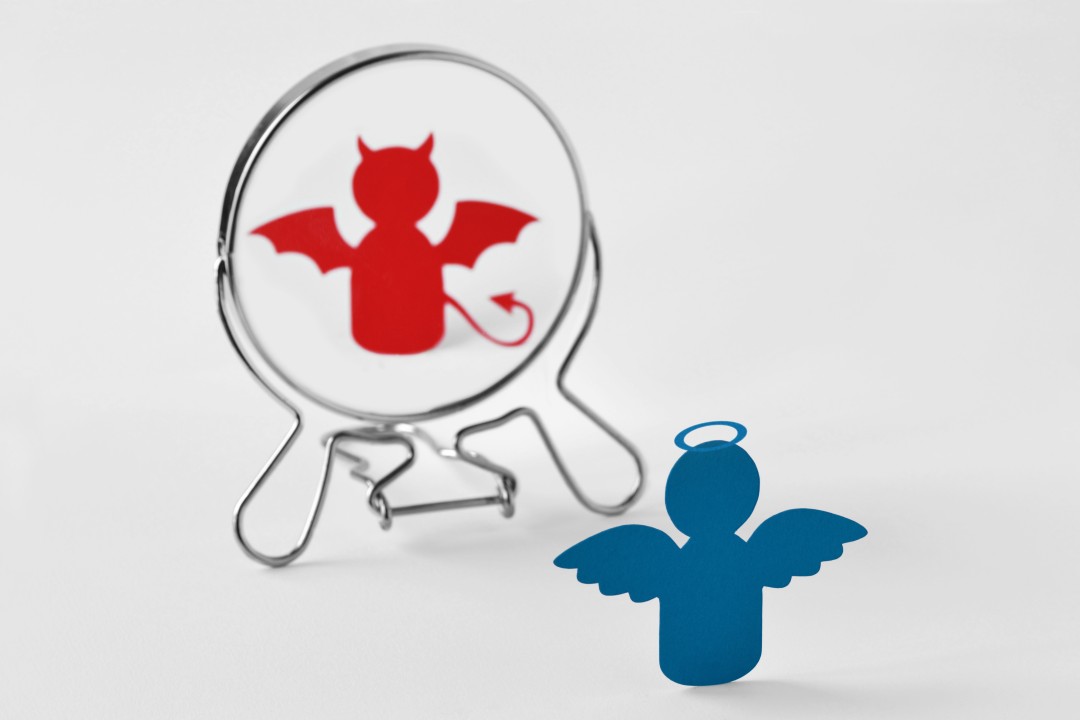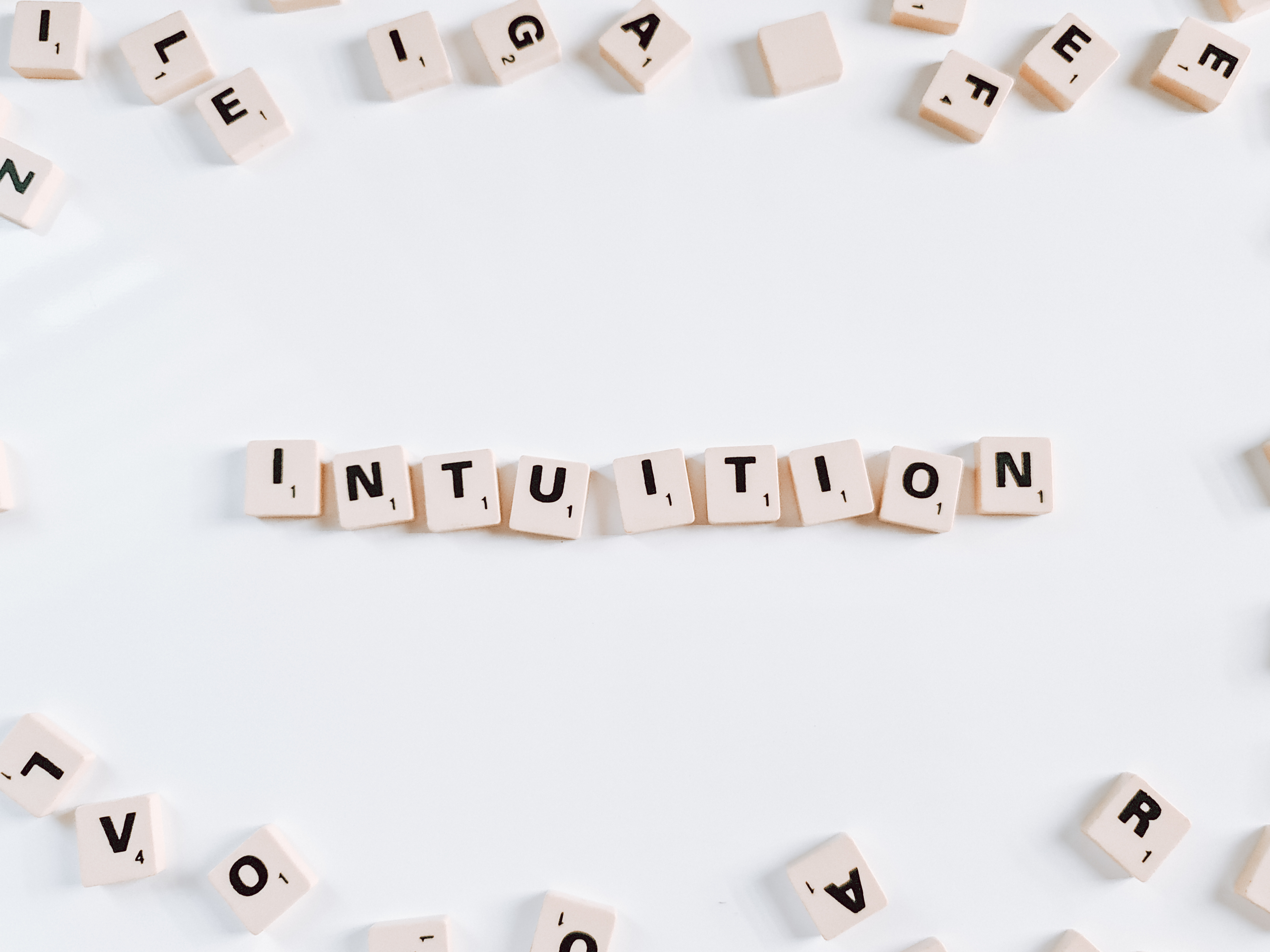I started to consider: What if I am the jerk, and I didn’t know it?
What if you are?
This is the concept I’d like to explore further, starting on the playground in fourth grade. In preparation for the new school year, my Mom took me back-to-school shopping. I needed a new coat, and after looking at several different options, I was attracted to a gold windbreaker with a brown collar. Yes—gold! I don’t remember why I chose it, but I remember liking it, so that is what we brought home. I proudly wore it to school the next week, out on the playground at recess. After the bell interrupted kickball or four square or whatever we were playing, we all headed back to our classroom. That is when I heard it: “hey, space face!” Rory Daniels was behind me, and while I didn’t turn around, I knew he was yelling at me and referencing my gold jacket. Rory was acting like a jerk. I didn’t want to give him the satisfaction of responding, so I just ignored him, but I could hear the laughter of the other kids. I never wore my gold jacket to school again.
We all have our Rory Daniels stories. The playgrounds are full of them. While those are some of the most obvious examples, sadly there are plenty which continue on into our high school, college, and adult years—gossip, dishonesty, being antagonistic, using information as power, fostering reliance, self-promotion, passive-aggressive behavior, and yes—bullying.
That same fourth-grade year in which Rory called me “space face,” I remember throwing a pine cone at Rebecca Gaines. Rory acted like a bully and a jerk, but so did I. Rebecca was a nice enough girl. I have no recollection of why I threw a pine cone at her, but I remember the “yard duty,” Mr. Skinner, benching me for it. Was this my only offense growing up? Hardly. Did I outgrow it? Let’s fast-forward and see.
Overall, I am proud of my behavior over my 30+ year career, however, that doesn’t mean I haven’t had my moments. I have definitely gossiped, engaged in passive-aggressive behavior, gotten defensive in the face of feedback, finger-pointed, made unpopular (bad) decisions, made sarcastic comments, sent the occasional snarky email, withheld feedback if I didn’t have faith in someone’s ability to change, etcetera. And, in the true test of the “No Jerks” policy, there have been a few occasions in which someone has screened me out of their life, or at least changed the dynamic of our relationship. So, in the eyes of at least a few people, I am the jerk.
But, here’s the thing—Rory Daniels wasn’t a bad kid. I wouldn’t have called him a jerk or a bully under normal circumstances. So, what was it about that day which motivated him to act like a jerk? Sadly, many factors can spur us to act in undesirable ways. Maybe Rory was showing off or trying to build himself up in the eyes of some other kid by trying to tear me down. Is it really that different as adults? Arguably, we are in competition with one another for limited promotional opportunities, limited budget, and limited resources. We may have competing priorities. We may view it as easier to generalize and cast someone aside than to have a difficult conversation and to provide challenging feedback. Perhaps we want to distract attention from our own insecurities. We all have baggage and emotional triggers we bring into these situations, and we can’t call on the wisdom, perspective, and self-confidence that come from experience we don’t yet have.
So what do we do about it? Here are some thoughts:
- Look in the Mirror—There are emotional “payoffs” for our behavior, even our bad behavior. It is much easier to believe that we were right or justified or even victimized in a given situation than to accept we did something wrong. We have the benefit of knowing our motivation and the context around our actions, but others don’t have that visibility. Nor do we have the visibility into the motivation and context around the actions of others. So it is important to be honest with ourselves. Sometimes we screw up, and we should own up to that.
- Hate the Sin, Love the Sinner—Rory wasn’t a bully or a jerk, although his behavior on that particular day was certainly bullying, jerky behavior. I tend to believe that our behavior is on a continuum. We’re not 100 percent jerks, nor are we 100 percent whatever the opposite of a jerk may be. We tend to exacerbate bad situations when we apply enduring labels based on our limited experience with people. Don’t get me wrong, I have encountered people who are so far down the jerk spectrum that I’m not going to bend over backwards to keep them in my life. But I do believe those cases are in the minority. Where you can, set boundaries around behaviors—not people.
- Practice Compassion—I believe that people who treat us poorly are suffering in their own right. A working definition of compassion is recognizing the suffering of another and having the motivational desire to alleviate it. So next time we are treated poorly by someone, instead of getting angry, let’s try getting curious about what is going on with them. Abraham Lincoln said, “I don’t like that man. I must get to know him better.” How things really are is frequently different from the meaning we attach to them. We should therefore assume good intent, not jump to conclusions, and seek additional information before making a judgment.
- Practice Self-Compassion—While we can recognize the suffering of another and want to alleviate it, we can also recognize our own suffering and take steps to alleviate it. Replaying regrets—situations in which we wish we could change our behavior—is a form of suffering, and potentially a symptom of depression. Dr. Kristin Neff is a researcher and professor at the University of Texas at Austin and has written several books on the topic of Self-Compassion. She breaks it down as follows. Start with mindfulness—identify the regret or pain in order to respond effectively. Then move on to kindness. Don’t beat yourself up over past events. Put aside your inner critic and rally your inner ally. Lastly, embrace our common humanity. We have all been there. We are not alone in our suffering.
- Solicit Feedback—We are all works in progress, so ensure a balanced view of your behaviors. Identify a trusted group of people who will provide you with authentic and meaningful feedback—both to cheer you on and to tell you hard truths.
- Caution with Labels—Things move so quickly in the business world that we frequently apply labels for efficiency. Sometimes those labels are products of judgments based on limited interactions, so practice caution before jumping to conclusions.
- Provide Feedback—People are capable of great change, but only if they are provided the appropriate coaching and guidance. Some believe that our greatest fear is being criticized. Perhaps a greater fear is of not being told the truth—not being provided the authentic feedback to grow and develop.
- Build Your Emotional Intelligence—Learn more about emotional intelligence—your self-awareness and social awareness of others, and how to identify and manage your motivations and triggers, as well as how to influence others. See Daniel Goleman for more.
- Flex Your Style—Repeated studies have shown that diverse groups outperform homogenous groups all of the time. However, diverse groups can take more time and effort to come together and work through the stages of forming, storming, norming, and performing. When we talk about diverse groups, we aren’t just talking about race, sex, sexual identity, etcetera; we are also talking about diversity of experience, perspective, and style. In life, business, and in management, it is imperative to be able to flex our styles to work with different people and see things from different points of view.
- Make Amends—Make amends with others and with yourself. If you feel wronged, it isn’t doing any good to keep playing the victim card. There comes a point when it is time to move on. If you are still beating yourself up over past transgressions, consider what you can do to put this behind you. Maybe you can make amends and fix a broken relationship; maybe you can’t. But again, there comes a point when it is time to move on.
Unfortunately, we all have people who play the villain in our lives. The worse news is that you and I have our turns playing the villain in the lives of others. Sometimes there is nothing we can do about that. The good news is that causing someone harm along the way doesn’t automatically make you a villain. If we keep from casting others in that role when we feel wronged, maybe we will be given the benefit of the doubt as well. As a side note, due to the wonders of social media, I was able to reconnect with Rebecca from fourth grade and apologize for that pine cone. She said she didn’t remember it. Not sure if I believe her.
* Rory and Rebecca’s names were changed for this article.
__________
Jeff Jacobs is a graduate of the Inner MBA 2022 and is a facilitator, organizational effectiveness consultant, talent development leader, and business partner.





